Essential Guide for First-Time Homebuyers
Buying your first home in Ontario is an exciting milestone, but it also involves several steps that can seem daunting. This guide provides a straightforward approach to the home-buying process, ensuring you're well-prepared and informed.
1. Assess Your Financial Readiness
Before you start looking for a home, assess your financial health. Ensure you have a stable income, a good credit score, and enough savings for a down payment and closing costs. In Ontario, you'll typically need at least 5% of the home's purchase price for a down payment if the home costs less than $500,000. Remember, having 20% or more can help avoid paying for mortgage loan insurance.
2. Get Pre-Approved for a Mortgage
Securing mortgage pre-approval is crucial as it gives you a clear idea of what you can afford and demonstrates to sellers that you are a serious buyer. It locks in an interest rate for you, typically for 90 to 120 days, protecting you against rate increases while you shop for a home.
3. Understand the Costs Involved
Beyond the purchase price, buying a home in Ontario involves several other costs:
Land Transfer Tax: This is based on the home’s purchase price and varies by location. First-time homebuyers may be eligible for a rebate.
Legal Fees and Disbursements: You will need a lawyer to handle the legal aspects of the purchase.
Home Inspection and Appraisal Fees: These services provide protection by ensuring the property is worth the investment and free of major issues.
4. Start House Hunting
With your finances in order, start looking for a home that fits your needs and budget. Consider factors like location, type of home (e.g., detached, condo), size, and proximity to amenities like schools, public transport, and shopping centers. Working with a real estate agent can provide access to listings and insights into market trends and neighborhoods.
5. Make an Offer
Once you find a home you love, your real estate agent will help you make a competitive offer based on comparable homes in the area. The offer will include the price you're willing to pay and conditions such as a home inspection, financing, and a closing date.
6. Closing the Purchase
If your offer is accepted, you'll move forward with closing the deal. This involves fulfilling any conditions stated in the offer, reviewing and signing final documents with your lawyer, and making the necessary payments such as the down payment and closing costs. Your lawyer will handle the transfer of the home into your name and ensure all legal and financial obligations are met.
7. Plan Your Move
Once the deal is closed, plan your move. Consider hiring movers, setting up utilities, and updating your address where necessary. It's also a good time to consider home insurance to protect your new investment.
Conclusion
Purchasing your first home in Ontario is a significant financial decision and having a structured plan can make the process smoother and less stressful. Take the time to understand each step and utilize the resources available to first-time homebuyers, including financial planning tools, government programs, and professional advice from real estate agents and mortgage brokers.
This guide aims to demystify the process and help you navigate the path to homeownership with confidence. Remember, thorough preparation and research are key to making informed decisions that align with your long-term financial goals.

